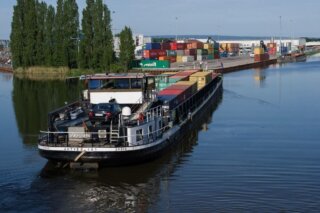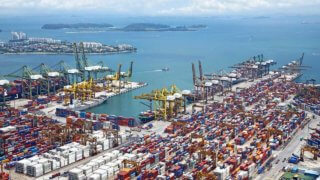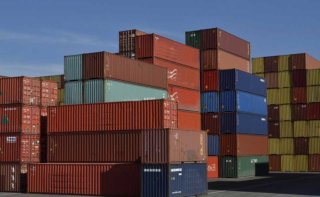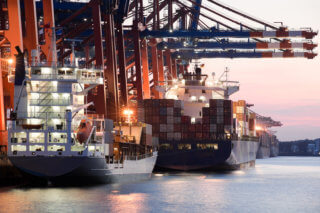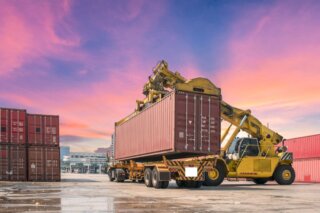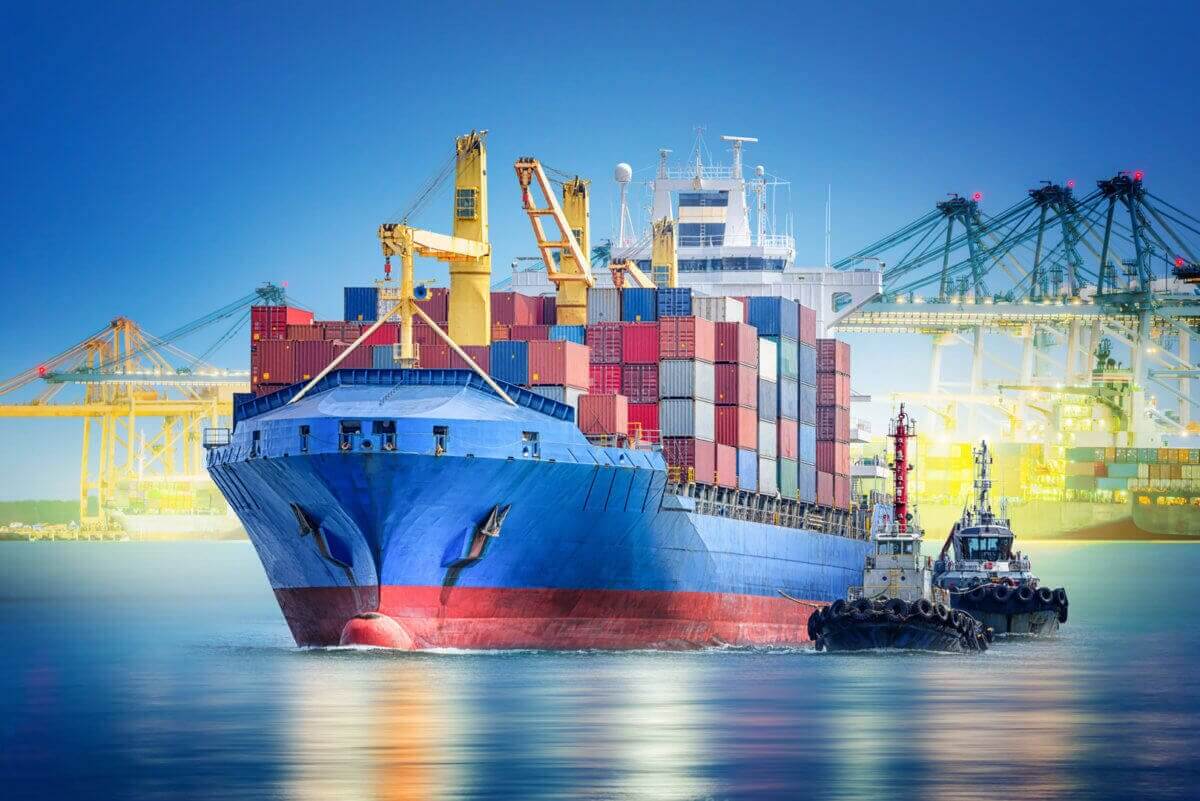
DIFFERENCE BETWEEN FCL AND LCL
Consolidation has become compulsory with the increase in the volume of trade and global commercial mobility. Options for partial and full loading of ocean freight are offered by international logistics services, for situations where the load cannot fill an entire container.
Full container load (FCL): If the load to be transported is large enough, a full load (FCL) is carried out. In this case, a contract can be concluded with the owner company for specific periods. When FCL freight arrives at the port, the freight owner company can transfer the container to its warehouse or use the bonded and duty-free storage services offered by Esalco.
Partial ocean freight service (LCL- Less than Container Load): If the load does not fill a container, partial loading (LCL) is carried out; the load of two or more companies is in the same container. When the container reaches the port, customs clearance is carried out by the buyers.
FCL / LCL: The load of two or more exporters is loaded into a container belonging to a single importer.
LCL / FCL: The load of a single exporter is loaded into a container belonging to several importers.
FCL / FCL: This is the situation where the full load of the container is an exporter and an importer.
LCL / LCL: This is the situation where the partial load loaded in the container is an exporter and an importer.


